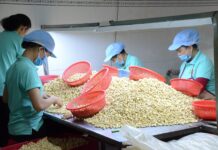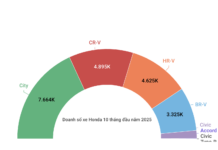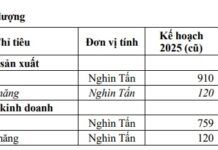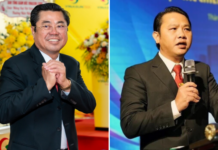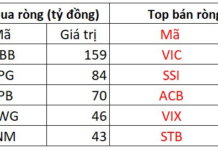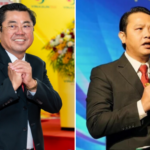Enthusiasm Fuels BQT Representation
According to regulations, apartment buildings must establish a Building Management Board (BMB). This board is responsible for managing, supervising, and safeguarding the interests of residents within the building.
Attorney Nguyen Ngoc Hung, Head of the Connection Law Office (Hanoi Bar Association), shared that the BMB for apartment buildings is an organization established to manage these residential structures. Per Clause 3, Article 103 of the 2014 Housing Law, the BMB possesses legal entity status, a seal, and executes defined rights and responsibilities. Clause 1, Article 17 of Circular No. 02/2016/TT-BXD also stipulates that the apartment BMB is an entity with legal status, a seal, and operates according to prescribed models.
As per the Management and Use Regulations for apartment buildings, issued together with Circular No. 02/2016/TT-BXD (amended in 2019 and 2021), BMB members of apartment buildings are entitled to remuneration. The amount is determined by resident contributions based on decisions made at apartment building conferences or by referring to the regional minimum wage set by the State. The lowest amount is for areas in Region IV (VND 3,070,000/month), while the highest is for areas in Region I (VND 4,420,000/month).
Despite these regulations, many resettlement apartment buildings in Hanoi have yet to establish a BMB. Specifically, in the Dong Tau resettlement area (Thinh Liet ward, Hoang Mai district), there are ten buildings that were put into use in 2006. However, currently, only one building has a BMB, while the remaining nine have only representatives.
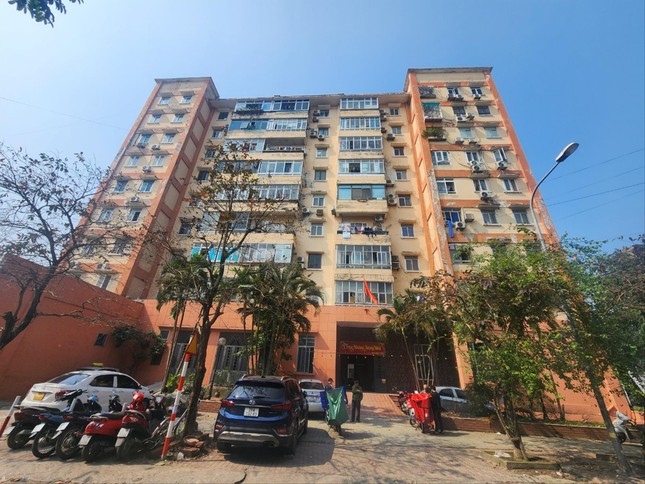
Signs of deterioration are visible in one of the resettlement buildings in the Dong Tau area, Hoang Mai district.
A representative from the management board of building N10 (Dong Tau Urban Area) shared that establishing a BMB requires financial support for its members. However, many residents are reluctant to contribute to shared expenses. Even for service fees, the building wants to hire an external unit for management and operation to ensure cleanliness and efficiency. Yet, when calculating the minimum fee to maintain the building at VND 5,000/m2, equivalent to VND 250,000–350,000/apartment, residents objected. Currently, each household only pays VND 30,000/month.
Sharing a similar viewpoint, Mr. Nguyen Xuan Kien, from the management board of building N7 (Dong Tau resettlement area), stated that the building currently collects VND 200,000/apartment quarterly for all activities, including repairs and operations. It is challenging to collect additional fees as most residents are farmers who lost their land and are now unemployed.
Similarly, Mr. Vu Dai Hai, Head of the Representative Board of the B12 resettlement building in Alley 28, Xuan La (Tay Ho district), shared that their building only has a representative board. Moreover, few are interested in joining due to the time and effort required, with little to no benefits. “It took us a long time just to collect contributions to fix the broken elevator, let alone pay salaries to a BMB. We serve on the representative board to support the residents and fight for our rights,” Mr. Hai said.
Contrarily, Ms. Nguyen Thi Lan, Head of the BMB of the N6E resettlement building (Nhan Chinh resettlement area, Thanh Xuan district), has been serving beyond her term for three years. She has wanted to step down to rest but couldn’t find a replacement. “We don’t receive any allowances, so even though my term ended three years ago, I’ve had to continue serving out of sheer enthusiasm,” Ms. Lan shared.
According to the Hanoi Housing Development and Management Company Limited, there are 167 resettlement buildings. Of these, 90 have been handed over to other management and operation units. The company currently manages 77 resettlement buildings, 36 of which have BMBs, while 41 have yet to establish one.
Challenges in Establishing a Management Board
A representative from the Hanoi Housing Development and Management Company Limited shared that of the 41 resettlement buildings without a BMB, 34 had organized two apartment building conferences without success due to the People’s Committees of the wards not following the proper regulations. Additionally, the company is responsible for the remaining seven buildings without a BMB.
The representative also stated that, in reality, many residents in apartment buildings are reluctant to join the BMB due to reasons such as being “too busy” or not having enough time. Moreover, some buildings are hesitant to establish a BMB because once it is formed, the company will transfer documents, records, and the 2% maintenance fund to the BMB for management. In that case, residents will have to pay for any repairs themselves, and the city will no longer provide support. “We have sent documents to the districts and counties, requesting that the resettlement buildings continue to hold apartment building conferences to elect BMBs as per regulations,” the representative informed.
However, according to our findings, one of the main reasons many buildings are reluctant to establish a BMB is legal issues. “After establishment, the BMB will have legal entity status, a seal, and a separate account, and they will be held accountable before the law for any violations. Meanwhile, we would have no benefits, only risks, so no one wants to take on this responsibility,” shared Mr. Vu Dai Hai, Head of the Representative Board of the B12 building in Alley 28, Xuan La.
A representative from a resettlement building in Nam Tu Liem district shared a similar sentiment, stating that most resettlement buildings have already used up their maintenance funds (usually 2%) as the buildings have been in use for a long time. If a BMB is established, it will be responsible for repair and maintenance tasks, but there may not be enough funds available. “If there is no BMB, we can still ask the city for help when something breaks. But if we have a BMB and the building deteriorates or needs repairs, we will have to pay for it ourselves, with no one to turn to for support,” the representative added.

